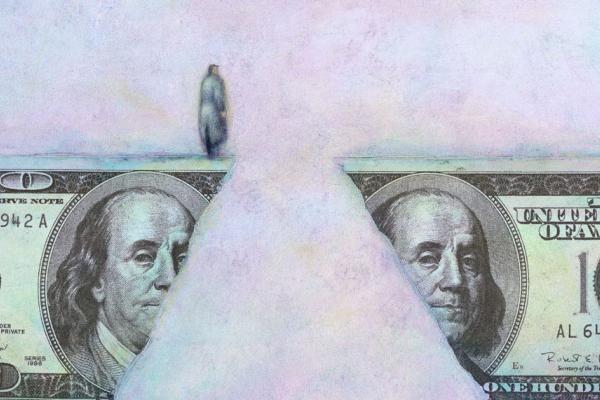Nov 29, 2012
Now that the election is over, policymakers and the media have refocused their attention on the looming budget battles in Washington. In January, a variety of tax increases and spending cuts will go into effect unless Congress and President Barack Obama agree on a plan to avoid what has been deemed “the fiscal cliff.”
As the country braces for another fiscal showdown in the nation’s capitol, here are five things you need to know on the issue likely to dominate the news over the next several months.
Read the Full Article

Already a subscriber? Login
